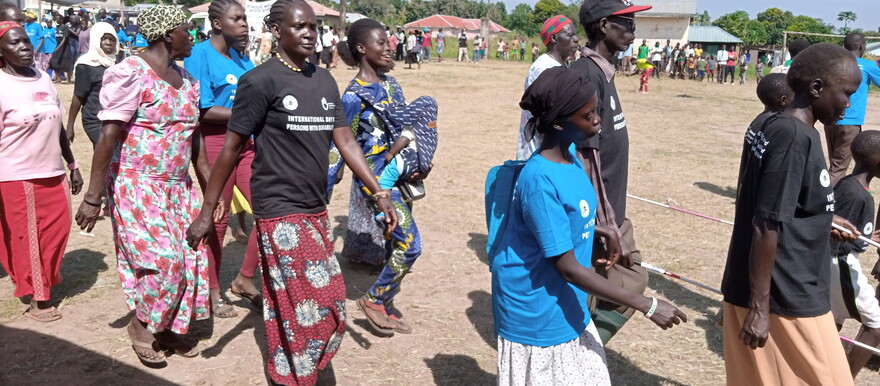Women leaders in Kajo-Keji County of Central Equatoria State are demanding the implementation of 35 percent women representation in all key decision-making processes and structures at the local level.
The women say although the 2018 peace agreement includes the provision of women’s representation across all governments, women’s involvement at the county level has remained low.
Poni Betty from Kangapo Payam told Radio Tamazuj that the inclusion of women in government and the private sectors will amplify women’s voices and promote good governance.
“Women should be included in leadership so that we realize that we are important in the development of this country, and we also want to see that our 35% is represented in all sectors of decision-making processes starting from NGOs and government institutions to equalize us with men so that our views are not neglected but considered in any governance processes,” she said.
Another women leader Kiden Betty, a gender inspector in primary schools at the county level, says limited inclusion of women in leadership affects women’s participation in the leadership and development process in the county.
She calls on the government to consider and implement the 35% women representation in the judiciary, health, and education.
“The 35% affirmative action for women remains on paper and if you look at Kajo-Keji County, there is no female director and where is the 35% women representation therefore we want more women directors in the education, health, agriculture, and business and other sectors and my message to our fellow women is that let us stand up and take leadership at all levels without fear,” she said.
For her part, Keji Mary, the chairlady for Kajo-Keji County Women Association encourages fellow women to voice challenges affecting them to promote good governance at the grassroots.
She said including more women in governance will promote peaceful co-existence, respect for the rule of law, and equal participation in development and governance.
“We want women’s inclusion and participation at all levels starting from the boma, payam, county, state, and national levels so that we feel the 35% is implemented,” said Mary. “My message to the government and NGOs is that we request them to empower us and give us spaces to participate in the key decision-making process because we also want to be recognized as people who are important in the society.”
According to the Revitalized Agreement on the Resolution of Conflict in South Sudan, all parties are expected to give women 35 percent of all government positions.




